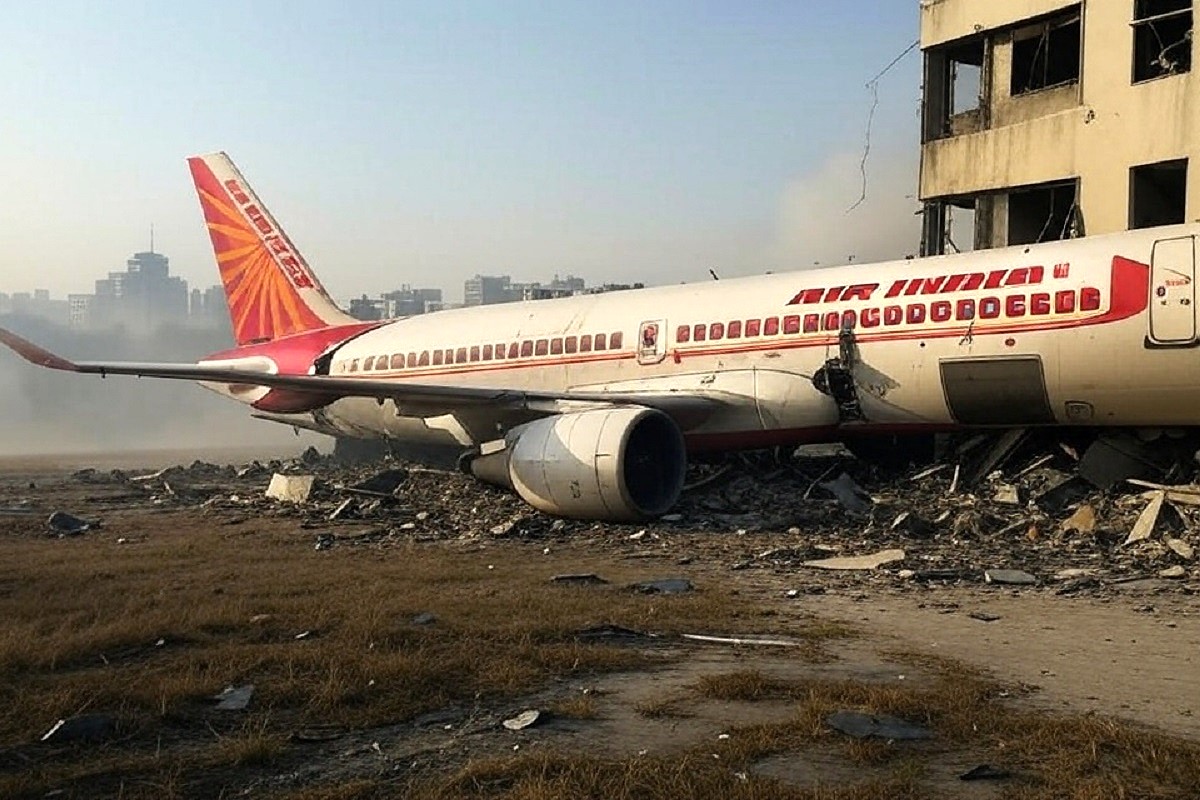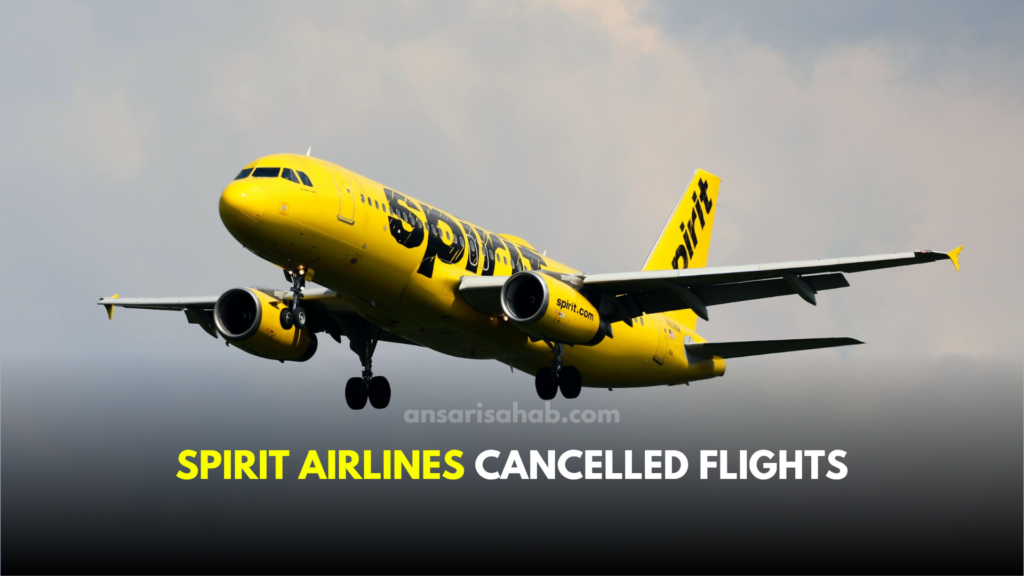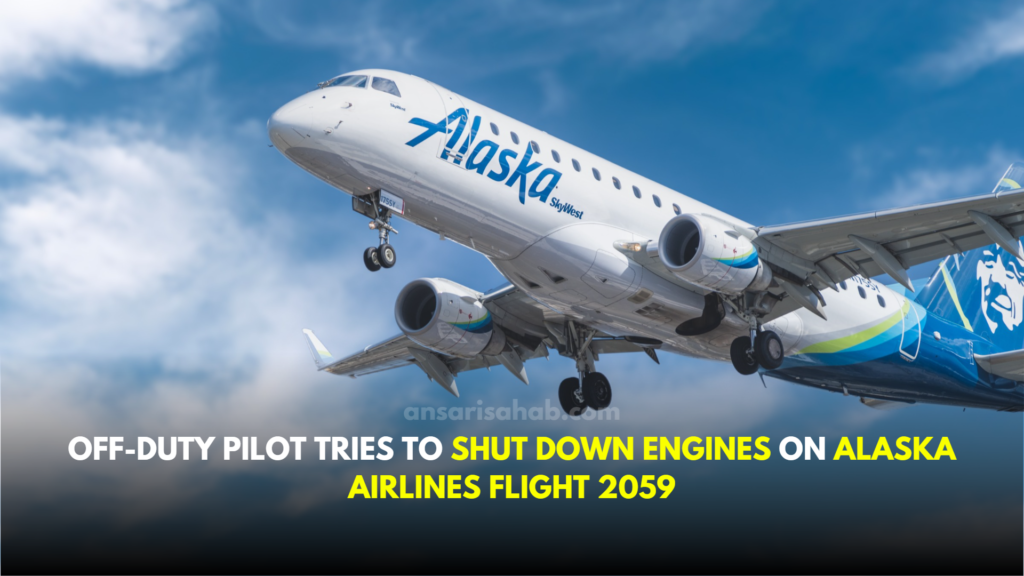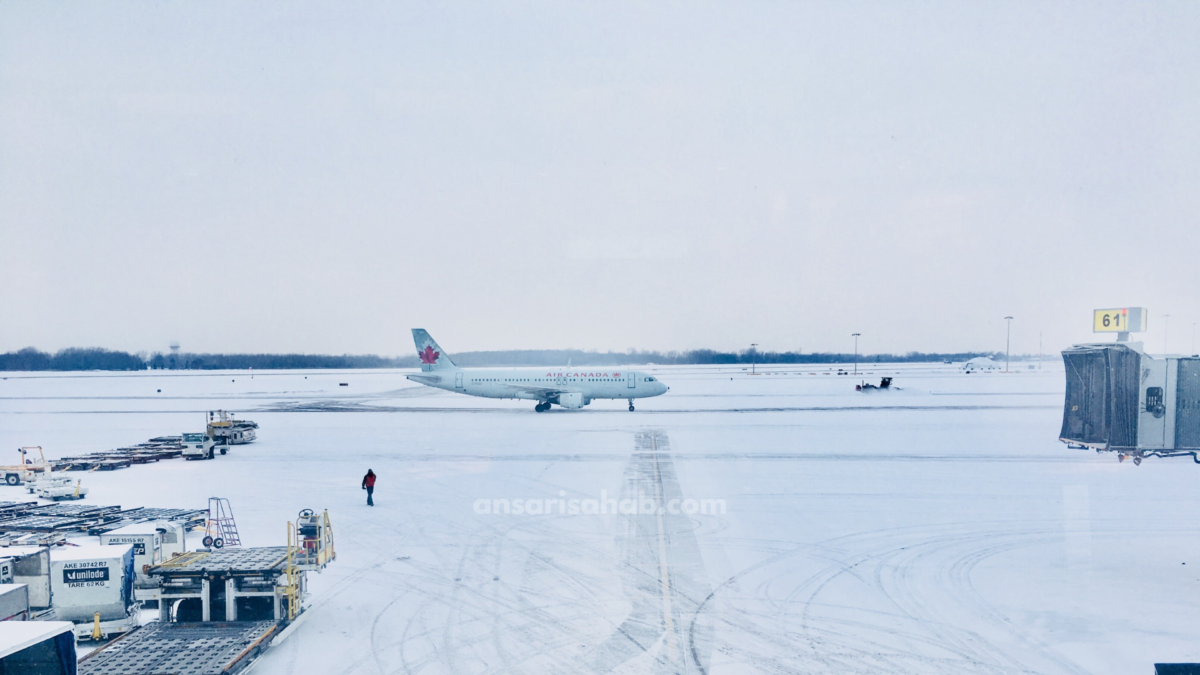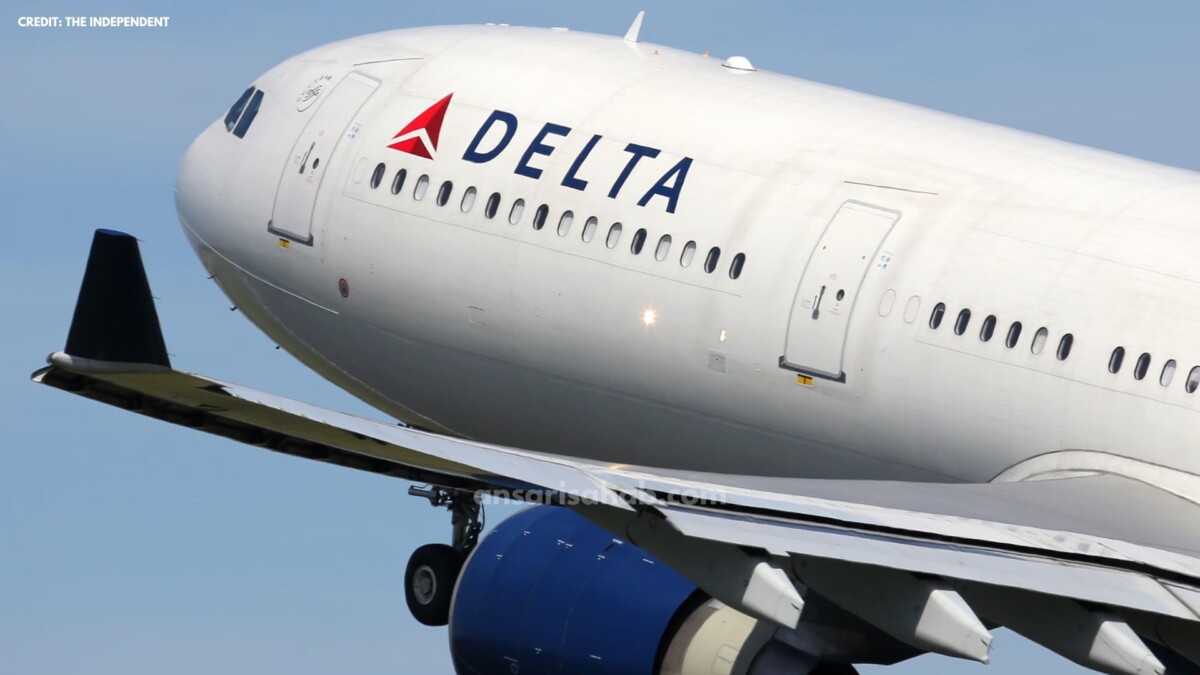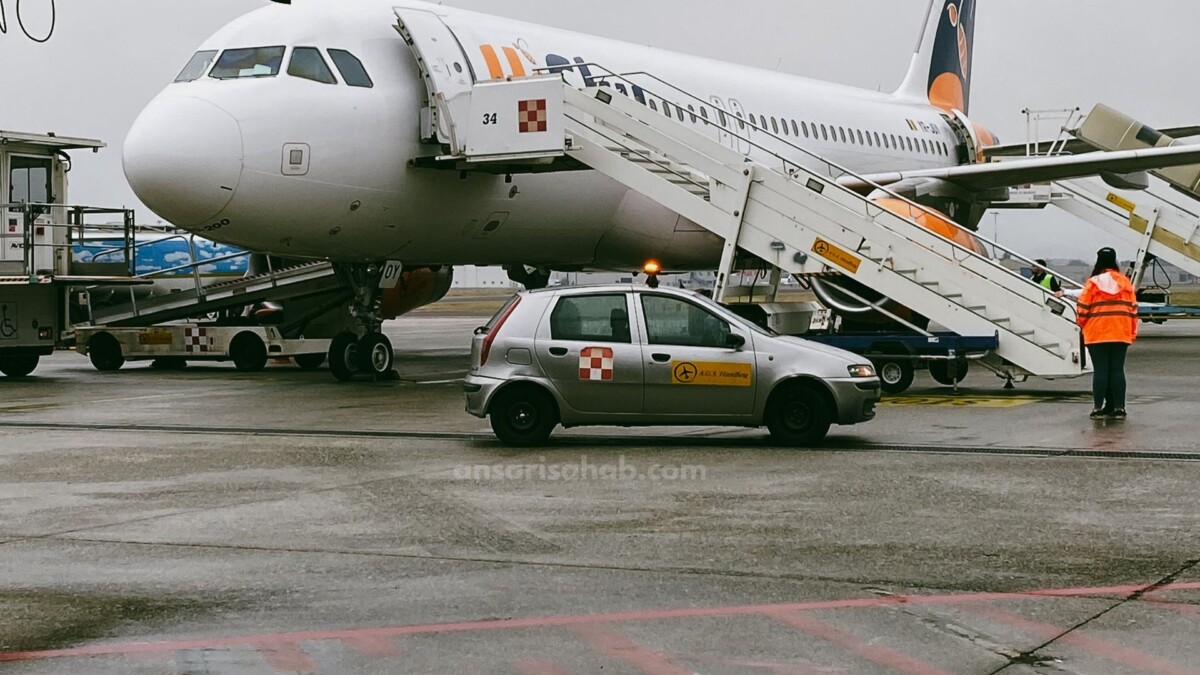India’s Supreme Court has questioned the preliminary findings in the Air India crash investigation, calling suggestions of pilot error “irresponsible” and ordering further scrutiny into the role of regulatory bodies. The June 12 tragedy, which killed 260 people, is under renewed legal focus following a plea for an independent and transparent probe. (according to Reuters)
Details of the Court’s Concerns
- On September 22, 2025, a bench led by Justices Surya Kant and N. Kotiswar Singh issued notices to the Centre, the Directorate General of Civil Aviation (DGCA), and the Aircraft Accident Investigation Bureau (AAIB). These notices were prompted by a petition from NGO Safety Matters Foundation, which demanded a court-monitored inquiry.
- The Supreme Court flagged what it regarded as premature assertions in the AAIB’s preliminary report—particularly a line where cockpit audio suggested a pilot asked, “Why did you cut off?” and the other responded, “I didn’t,” implying changes to fuel switches from “RUN” to “CUTOFF.” The court described such implications as speculative without full data.
Background: What the Preliminary Report States
- The crash involved Air India Flight AI-171, a Boeing 787-8 Dreamliner, which crashed shortly after takeoff from Ahmedabad on June 12, 2025, en route to London.
- According to the preliminary report by the AAIB, both engines lost thrust after their fuel control switches moved from “RUN” to “CUTOFF” seconds after takeoff. The engines subsequently failed to restart in time.
- The report also noted “cockpit confusion,” but did not establish why the switches were moved, who moved them, or whether mechanical or electrical fault contributed.
Legal and Regulatory Implications
- The petitioner, Safety Matters Foundation, argues that having DGCA officials on the investigative panel creates a conflict of interest, since DGCA is itself under scrutiny in the matter.
- The Supreme Court demanded responses about transparency and access to full data, including black box (Flight Data Recorder) and Cockpit Voice Recorder transcripts. The court emphasized fairness, impartiality and preventing premature conclusions.
- Media leaks suggesting pilot culpability drew sharp criticism from the court. Justice Kant called certain statements in the preliminary report and their handling in media “unfortunate” and “irresponsible.”
Impact for Stakeholders and What Comes Next
- For families of victims, there is concern that early attribution of blame (especially to pilots) might influence both legal outcomes and public opinion before complete facts are available.
- For aviation regulation, this raises pressure on DGCA and AAIB to ensure investigation protocols meet international standards for independence, transparency, and technically robust procedures.
- For airlines and equipment manufacturers (like Boeing, Honeywell), the final findings could have implications for liability, safety certifications, and future operational oversight.
- The Supreme Court has set a schedule: further hearings are anticipated, and responses have been sought. The court underscored that the investigation needs to be “free, fair, impartial, independent and expeditious.”
FAQs
The court objected to suggestions in the report that pilot error caused the crash, calling certain claims speculative, irresponsible, especially those relating to fuel switch cutoff and cockpit audio.
Petitioners argue that full data—such as the Flight Data Recorder, Cockpit Voice Recorder transcripts, and electronic aircraft fault recordings—have not been disclosed. Also, concern remains over the design of the investigative panel, which includes DGCA officials.
The court has asked the government, DGCA, and AAIB to respond to the PIL demanding an independent and transparent probe. It has also indicated it will closely monitor the investigation and hear the matter in coming weeks.
The Supreme Court’s intervention underscores the demand for accountability and technical rigor in probing aviation disasters. As legal and regulatory scrutiny increases, the integrity of findings in the Air India crash investigation will be closely watched by the public, industry stakeholders, and international observers alike.

